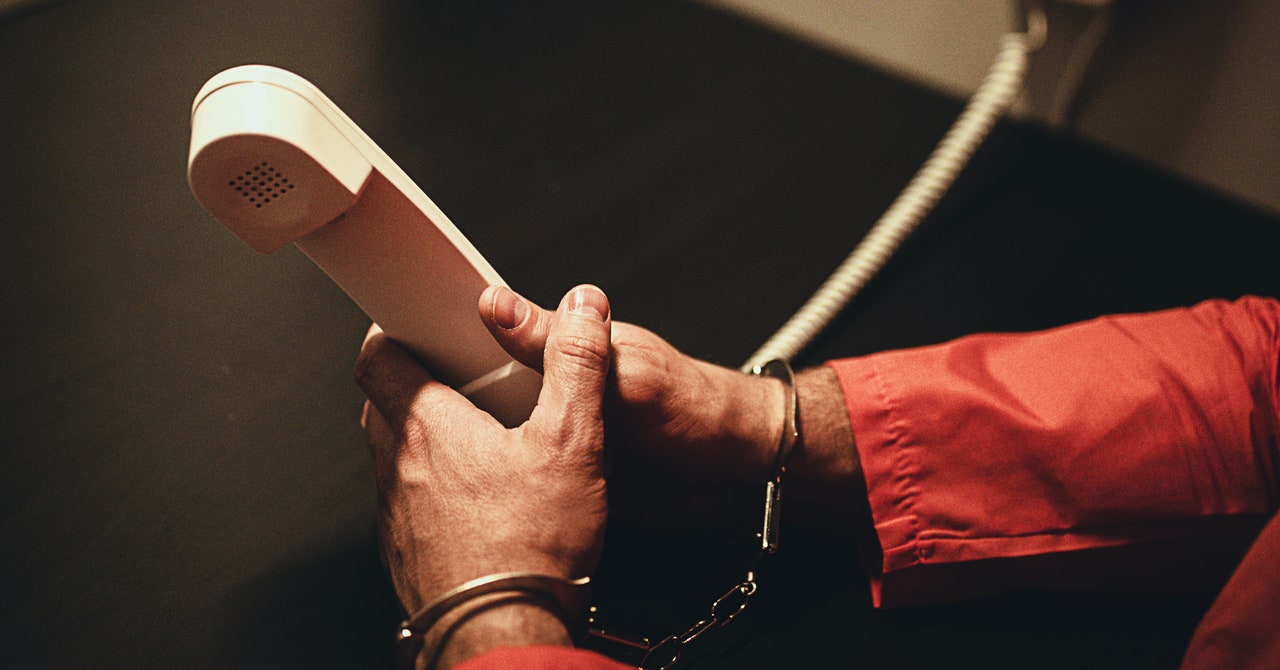
The US Federal Communications Fee voted on Thursday to cheaper price caps on jail telephone calls and closed a loophole that allowed jail telecoms to cost excessive charges for intrastate calls. The vote will reduce the value of interstate calls in half and set worth caps on intrastate requires the primary time.
The FCC mentioned it “voted to finish exorbitant telephone and video name charges which have burdened incarcerated folks and their households for many years. Underneath the brand new guidelines, the price of a 15-minute telephone name will drop to 90 cents from as a lot as $11.35 in massive jails and, in small jails, to $1.35 from $12.10.”
The brand new guidelines are anticipated to take impact in January 2025 for all prisons and for jails with at the very least 1,000 incarcerated folks. The speed caps would take impact in smaller jails in April 2025.
Value Rises, a nonprofit group advocating for jail reform, estimates that the brand new guidelines “will affect 83 p.c of incarcerated folks (about 1.4 million) and save impacted households at the very least $500 million yearly.”
New Energy Over Intrastate Calls
The FCC has taken quite a few votes to decrease jail telephone charges over time, however Thursday’s is especially vital. Whereas the FCC was beforehand in a position to cap costs of interstate calls, an try and set costs for intrastate calls was struck down in court in 2017.
Jail telephone corporations might sue once more. However the FCC mentioned it now has authority over intrastate jail telephone costs due to the Martha Wright-Reed Just and Reasonable Communications Act, which was accepted by Congress and signed by President Biden in January 2023. The brand new legislation “empowered the FCC to shut the ultimate loopholes within the communications system,” the fee mentioned.
The 2023 legislation—named for a grandmother who campaigned for decrease jail telephone charges—“removes the principal statutory limitations that had prevented the fee from setting complete simply and affordable charges,” the FCC mentioned. Particularly, the legislation eliminated “limits to the fee’s skill to control charges for intrastate calls and video communications.”
Greater than half of jail audio name site visitors is intrastate, with the calling and referred to as events each in the identical state, in response to knowledge in a draft of the FCC order launched earlier than the assembly.
The FCC’s work to scale back jail telephone charges “was not all the time embraced by the courts,” FCC chair Jessica Rosenworcel mentioned. “We have been advised—time and again—that the fee didn’t have the authority to handle each facet of those charges, as a result of whereas interstate calls fell inside our jurisdiction, intrastate calls didn’t.”
Beforehand, the FCC imposed worth caps on interstate calls starting from 14 to 21 cents per minute for audio calls, relying on the dimensions of the ability. Going ahead, a uniform set of worth caps starting from 6 to 12 cents per minute will apply to each interstate and intrastate calls.
Ban on Different Charges
The FCC additionally adopted video name fee caps for the primary time. The video name caps vary from 11 to 25 cents per minute. These caps are labeled as “interim” and could possibly be lowered sooner or later.
Different charges might be prohibited, too. “Utilizing this new legislation, we repair what has been flawed for too lengthy,” Rosenworcel mentioned. “We cut back calling charges by greater than half. We cease tacked-on prices like ancillary charges and prohibit particular charges for website commissions. We clarify these insurance policies apply to each interstate and intrastate charges. We additionally set charges for video requires the primary time. On high of that, we strengthen accessibility necessities for incarcerated folks with disabilities and enhance client disclosures.”






